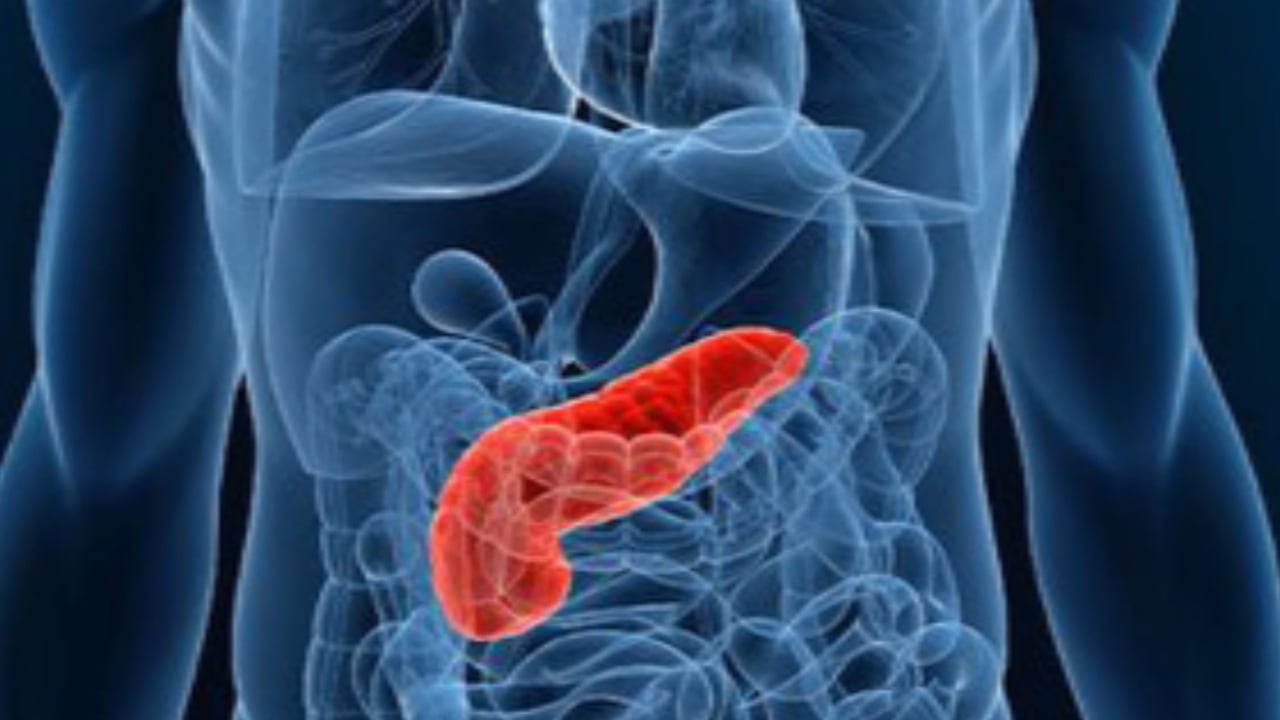New findings improve our understanding of how pancreatic cancer develops

Researchers at the Ontario Institute for Cancer Research (OICR) and University Health Network’s Princess Margaret Cancer Centre, led by Faiyaz Notta, Thomas Hudson and Steven Gallinger, have discovered new findings that challenge current beliefs about how and why pancreatic cancer is so aggressive. The study, published this week in Nature, is based on a hypothesis made more than ten years ago by Francisco X. Real, professor at the Department of Health and Experimental Sciences of UPF, leader of the Epithelial Carcinogenesis Group at CNIO and co-author of the article.
This deadly disease often strikes “out of nowhere,” and the cancer is often inoperable by the time the patient experiences symptoms. Pancreatic cancer's tendency to appear at an advanced stage had long been a medical mystery. Using whole genome sequencing, the team reconstructed the history of pancreatic cancer development in 100 independent tumours. Unexpectedly, they found that many of the important alterations that are thought to cause this disease actually occur “all at once”, similar to the idea of the “big bang”.
Pancreatic cancer is a highly aggressive and deadly form of cancer. It is expected to be the second leading cause of cancer-related death by 2030. Improving clinical outcomes has proven stubbornly difficult, highlighting the urgent need for scientific advances.
“When we started this project many years ago, we wanted to make better sense of how this disease progresses clinically,” said Notta, an OICR Fellow, Principal Investigator at the Princess Margaret and lead author of the study. “This disease can go from being a local cancer, restricted to the pancreas, to becoming fully metastatic very rapidly. The traditional view of the biology of the disease just didn’t jive with what happens clinically. And it’s hard to move forward in trying to find new treatments if you can’t link the biology of the tumour to the clinical reality of the disease. Our findings show a very different path for how this disease develops and puts the clinical problem of this disease into better perspective. We can make more sense about why this disease is so aggressive and can advance so quickly.” The experimental findings confirm the hypothesis considered by Real 10 years ago in an article in which he proposed a "catastrophic" model for tumor progression.
“Pancreatic cancer is one of the most deadly types of cancer and still one of the least understood,” said Gallinger, Head of Hepatobiliary/Pancreatic Surgical Oncology Program at UHN and Mount Sinai Hospital and leader of PanCuRx. “These findings provide us with a new understanding of how pancreatic cancer develops and a path forward to identify better strategies to diagnose and target this terrible disease.”

According to Real’s beliefs, “pancreatic cancer is such a difficult problem to address that it requires many steps, albeit small, to make progress. Knowing its “personality” should help us to consider better therapeutic strategies”. And concerning the recent discoveries, he adds: “they affect strategies for the early detection of pancreatic cancer and lead us to suspect that the problems are bigger than we expected, given that the tumour frequently develops “brutally” and with catastrophic consequences. It is therefore possible that there is little “useful” time to identify it in its onset”. However, “a tumour that develops genomically in such an aberrant way could be particularly sensitive to some drugs, but this is something that must be proved.”
The findings open up important new pathways of investigation that could lead to the ability to better diagnose pancreatic cancer, predict how it will develop and determine how and when it will metastasize. The findings could also be applicable to other aggressive tumour types. New approaches to diagnosing and treating pancreatic cancer using this information could lead to better outcomes for patients.
Reference work: Fayaz Notta et al. A renewed model of pancreatic cancer evolution based on genomic rearrangement patterns. Nature, Octubre 2016. doi:10.1038/nature19823
